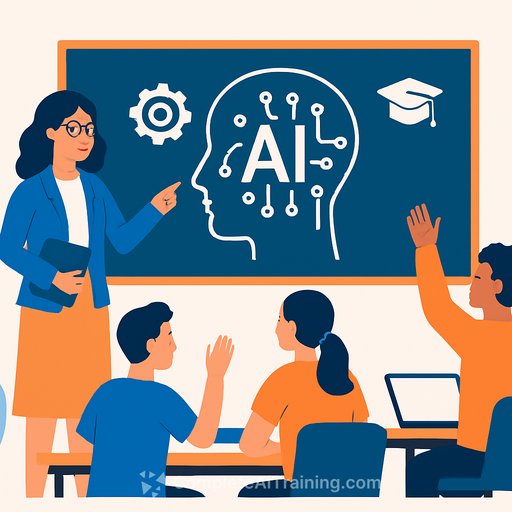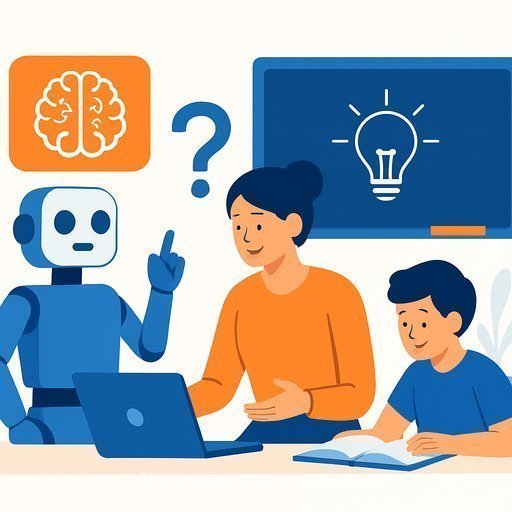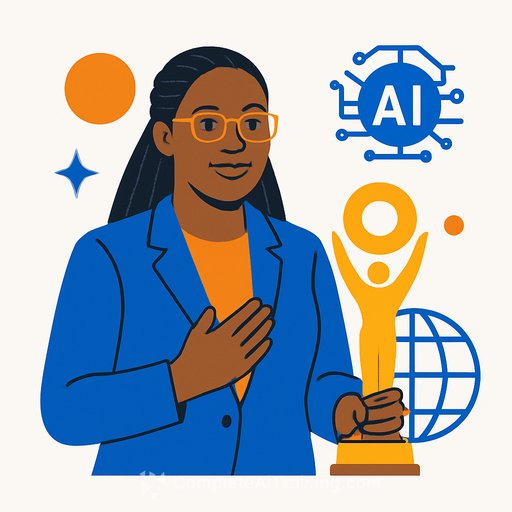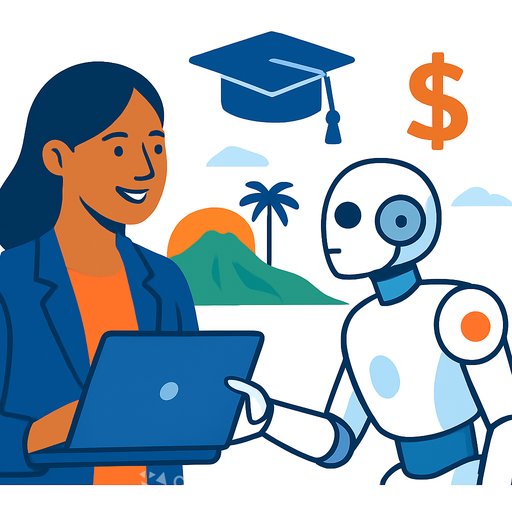Mandatory Global AI in Education Charter urged: what Nigeria's educators need to know
The 2025 HP Futures Report calls on Nigeria and governments worldwide to adopt a mandatory Global AI in Education Charter. Led by the Global Learning Council, T4 Education, and HP, the proposal centers on ethical, pedagogical, and safe use of classroom technology-without sidelining teachers or student welfare.
The report surveyed 2,860 students across 21 countries. Over 60% use AI daily for research, yet 71% want clear limits on how AI is used in education. Findings will be presented to education ministers at the World Schools Summit in Abu Dhabi on November 15-16, 2025 to push for responsible, equitable AI-powered learning environments that prepare students for work and life.
What the charter would demand from vendors
- Proof of strong data privacy and security practices.
- Clear ownership of learner data that stays with the learner and institution.
- Environmental sustainability commitments in product design and deployment.
- Strict safeguards for minors and bans on exploitative business practices.
Key recommendations for policymakers and system leaders
- Build inclusive AI adoption strategies so existing inequities don't widen.
- Guarantee baseline, equitable access to core Large Language Model (LLM) services for schools.
- Ensure AI augments-never replaces-teachers; keep educators central to planning and rollout.
- Co-design with teachers: involve educators in the development and selection of widely deployed AI tools.
- Only deploy technology with clear, measurable learning objectives.
- Give students a formal seat in AI governance and policy design.
- Refresh curricula to focus on lifelong skills: analytical thinking, creativity, collaboration, and human-centered problem-solving, alongside coding and technical fluency.
- Strengthen philosophy, ethics, history, and interdisciplinary problem-solving across K-12 and higher education.
- Keep "productive friction" in learning: teach students to think critically and use AI thoughtfully, not depend on it.
- Run national "AI-readiness baseline" surveys before major policy or procurement moves.
- Audit leadership confidence, infrastructure, security, and equity gaps to guide rollout priorities.
- Adopt "live" policy with mandatory annual refresh cycles to keep pace with AI updates.
- Coordinate globally and review policies frequently as LLMs change.
- Provide rapid, ongoing AI literacy training for policymakers, school heads, and university leaders.
What this means for Nigeria's schools and universities
The message is clear: plan first, then scale. AI should serve curriculum goals, uphold data rights, and raise teaching quality-not shortcut learning. Teachers remain the heartbeat of learning; AI is a tool, not a substitute.
Practical next steps you can act on now
- Create an AI steering group with teachers, students, parents, and IT/data leads.
- Draft a procurement checklist aligned to the charter (privacy, data ownership, safety, sustainability, learning value).
- Run an AI-readiness survey across your schools: infrastructure, policy gaps, staff confidence, equity of access.
- Pilot small, high-impact AI use cases (feedback, formative assessment, accessibility supports) with clear success metrics.
- Set up student advisory councils to co-shape acceptable use and guardrails.
- Publish an AI use policy: age-appropriate access, academic integrity, data governance, escalation paths.
- Schedule staff development on AI literacy and classroom integration. For structured options, see Complete AI Training.
- Review annually: update tools, safeguards, and pedagogy as models and policies change.
Leaders behind the push
HP's leadership stresses AI's potential to deliver more personalized, high-quality learning-if adoption is responsible and focused on outcomes. Project leads urge policymakers in Nigeria and beyond to put educators and students at the center of every AI initiative and follow a clear roadmap to improve learning across diverse contexts. T4 Education emphasizes that policy must keep pace with technology so tools serve education, not distract from it.
Want to go deeper?
- UNESCO's guidance on AI in education offers practical safeguards and policy principles: UNESCO Generative AI Guidance.
- Learn more about the Global Learning Council's work on tech-enabled learning: Global Learning Council.
The opportunity is real: safer tools, stronger teaching, and students who can think with and beyond AI. The path is disciplined: ethics first, outcomes clear, policy alive, and teachers in the lead.
Your membership also unlocks:






